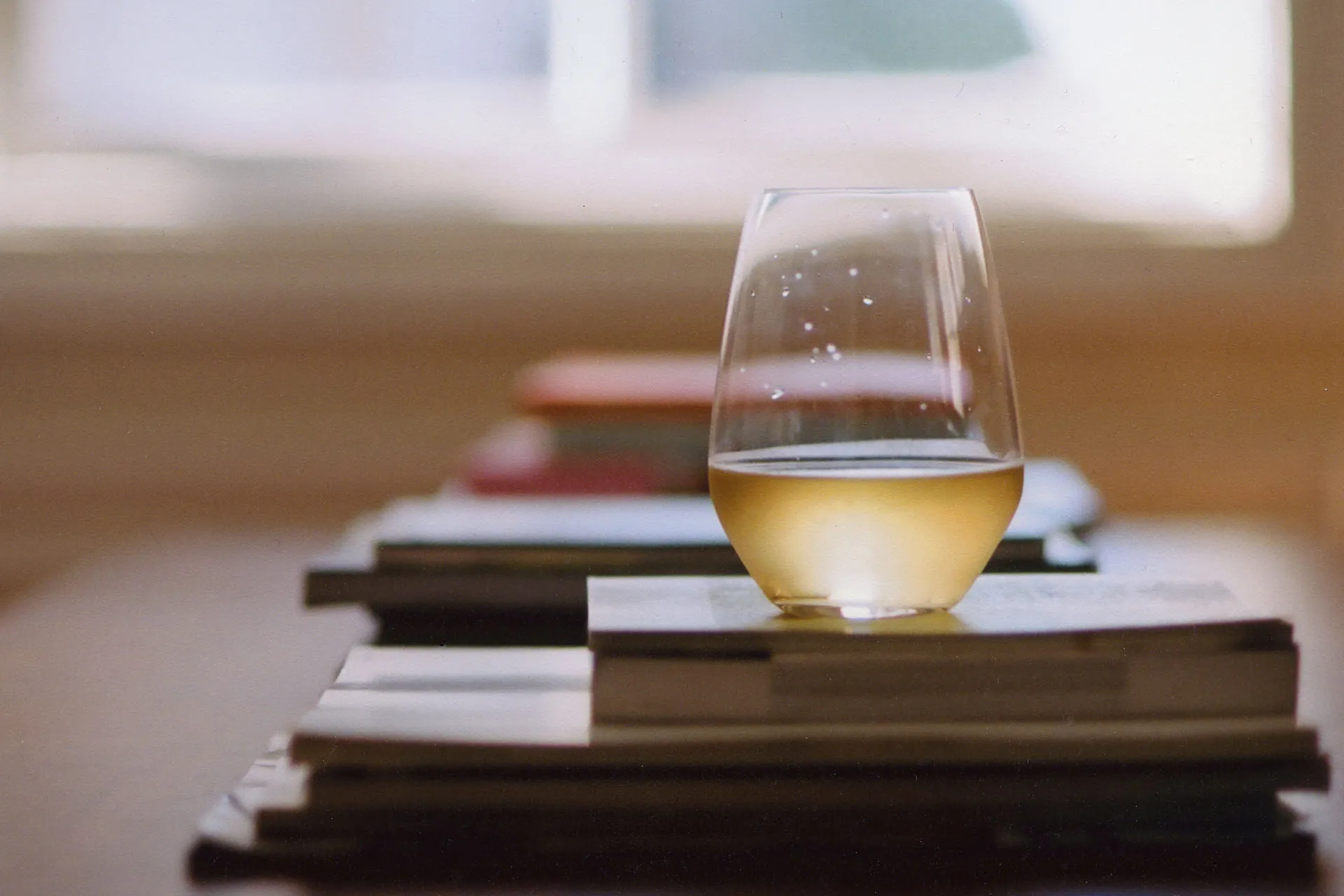The marriage of wine and literature is a tale as old as time, evoking the senses and enriching the experience of both the written word and the tasted flavor. For book clubs, combining these two pleasures can elevate discussions and create a more immersive, enjoyable gathering. This guide explores unique wine pairings tailored to various literary genres, offering book clubs an inventive way to enhance their next meeting.
Classic literature: bordeaux, france
For discussions centered around classic literature, such as the works of jane austen or charles dickens, a bordeaux from france is an apt choice. Bordeaux, known for its elegance and depth, mirrors the complexity and timeless appeal of classic novels. Its blend of merlot and cabernet sauvignon offers a rich, structured palate that pairs well with the nuanced characters and intricate plots of the classics.
Mystery/thriller: pinot noir, willamette valley, usa
The suspense and intrigue of mystery and thriller novels call for a wine that is equally mysterious in its profile. Pinot noir from oregon’s willamette valley, with its dark fruit flavors and earthy undertones, complements the tension and twists of the genre. The wine’s subtle complexity and lingering finish mirror the suspense that keeps readers on the edge of their seats.
Science fiction/fantasy: riesling, mosel, germany
The imaginative worlds of science fiction and fantasy novels pair wonderfully with the ethereal qualities of a mosel riesling. The high acidity and sweetness balance of riesling, alongside its stone fruit and floral notes, evoke the otherworldly settings and inventive narratives found in these genres. The wine’s ability to range from dry to sweet mirrors the vast possibilities within sci-fi and fantasy realms.
Romance: rosé, provence, france
The light, flirtatious nature of romance novels pairs perfectly with a glass of rosé from provence. Known for its delicate flavors of strawberry, citrus, and roses, alongside a crisp, refreshing finish, provence rosé captures the essence of love stories – both the sweetness and the complexities. Its beautiful blush color further sets the mood for discussions of the heart.
Historical fiction: chianti, tuscany, italy
For the rich tapestry of historical fiction, a chianti from tuscany offers a wine with a history as layered as the novels themselves. Chianti, with its notes of cherry, leather, and rustic earth, complements the historical settings and intricate narratives. This pairing invites discussions on the past while enjoying a wine that has been part of italy’s winemaking history for centuries.
Non-fiction/biographies: cabernet sauvignon, napa valley, usa
The boldness and depth of a napa valley cabernet sauvignon are well-suited for the real-life complexities explored in non-fiction and biographies. Its full-bodied nature, with flavors of dark fruit, chocolate, and oak, can stand up to the intense themes and profound insights of the genre. This pairing encourages deep reflection and discussion on the true stories that shape our world.
Poetry: sparkling wine, champagne, france
The effervescence and lightness of champagne celebrate the beauty and brevity of poetry. The crisp acidity, along with notes of apple, pear, and brioche, mirror the rhythmic quality of poetry, making each sip a reflection on the artistry of words. This pairing elevates the reading experience, adding a festive note to the exploration of poetic works.
Conclusion
Wine and literature are a pairing as nuanced and varied as the books and bottles themselves. By matching specific wines to literary genres, book clubs can create themed gatherings that delight the senses and deepen discussions. This guide serves as a starting point, inviting readers to explore the endless possibilities that lie at the intersection of wine and words. Cheers to your next literary journey, enhanced by the perfect glass of wine.


